Stating that Türkiye's fight against high inflation continues and that tight monetary policies continue in this process, Dalbeler stated that producers should be supported in this period when access to financing has become more difficult. “Of course, this is a transition period, but we need to get through this process with minimal damage. For this, producers need to survive,” he noted.
"Credit alone is not the solution, the main problem is input costs"
Dalbeler argued that increasing access to credit alone would not be a solution under the current conditions and stated:
"You say that you are providing loans to industrialists, but this is not enough. It is not possible for industrialists to gain competitiveness only with loans without reducing their costs. Energy prices, natural gas and labor costs are extremely high. In order for us to compete with a company producing in the US, we need to have the same conditions. But we buy natural gas 2-3 times more expensive."
“Labor costs tripled in euro terms”
Stating that labor costs in Türkiye have tripled in the last five years in euro terms, Dalbeler stated that this has seriously weakened the competitiveness of producers. "On the one hand, we cannot fight against off the books, and on the other hand, we are exposed to cost pressures such as the minimum wage increase. In this environment, it is very difficult for us to export and survive in the domestic market."
“There is a collapse in employment, 20 thousand people were unemployed in the first 6 months”
Dalbeler stated that the steel industry lost over 20 thousand jobs in the first half of the year. "We expect this figure to increase at a similar level in the second half of the year. This is becoming a problem not only for the industry but also for Türkiye's social structure," he stated. He emphasized that the shrinkage in the sector also negatively affected many related sub-industries and logistics chains.
“Import pressure suffocates industrialists”
Dalbeler stated that nearly 50 % of steel consumption in Türkiye is met by imports and that this ratio is unsustainable. Stating that products from countries such as China, Indonesia, Vietnam and Malaysia have gained a serious price advantage with government incentives, Dalbeler added, "It is not possible for us to compete with the support provided to producers in these countries. We are unable to support the producers and punish them with imports,".
“The crisis in the steel industry will spread to the manufacturing industry”
Emphasizing that the steel industry in Türkiye cannot be evaluated only within itself, Dalbeler continued: "We are the main supplier. Dozens of sectors such as automotive, white goods, construction and infrastructure investments buy products from us. If we cannot survive, it will be impossible for these sectors to produce,".
“Europe gave EUR 13 billion in grants, we are still talking about incentives”
Reminding that Europe has given nearly EUR 13 billion in grants to prepare the steel industry for green transformation, Dalbeler stated that in Türkiye, the private sector has to realize this transformation with its own means. "We don't want incentives from the government, but we expect at least a fair competitive environment. Reduce input costs, let us be self-sufficient," he stated.
“A sincere will is needed for industrial transformation”
Finally, Dalbeler stated that for Türkiye to realize a structural transformation in the industry, cost balances must be re-established and unfair competition must be prevented. "Unless we bring structural solutions to structural problems, we cannot achieve lasting success with temporary measures. If the industry is strong, the economy will be strong. We should not forget this," he stated.



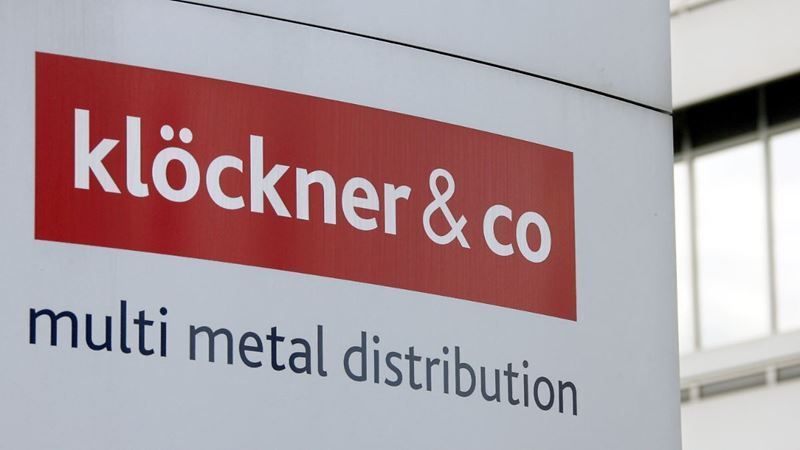
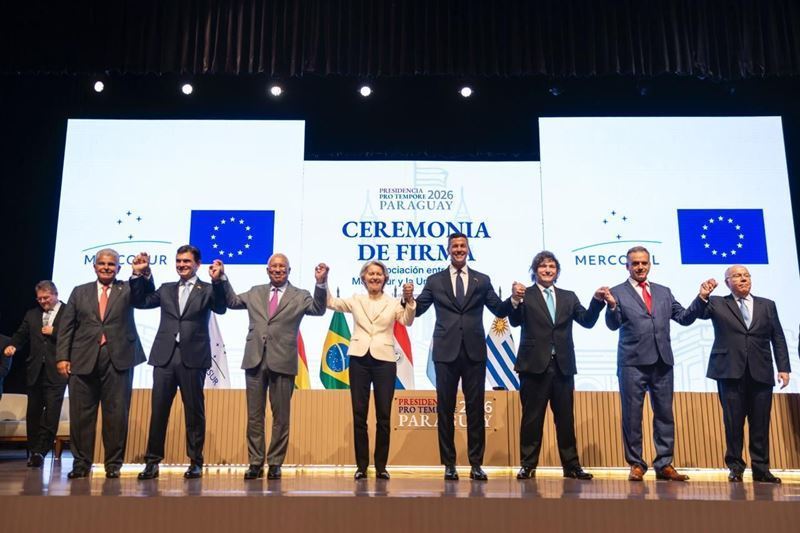
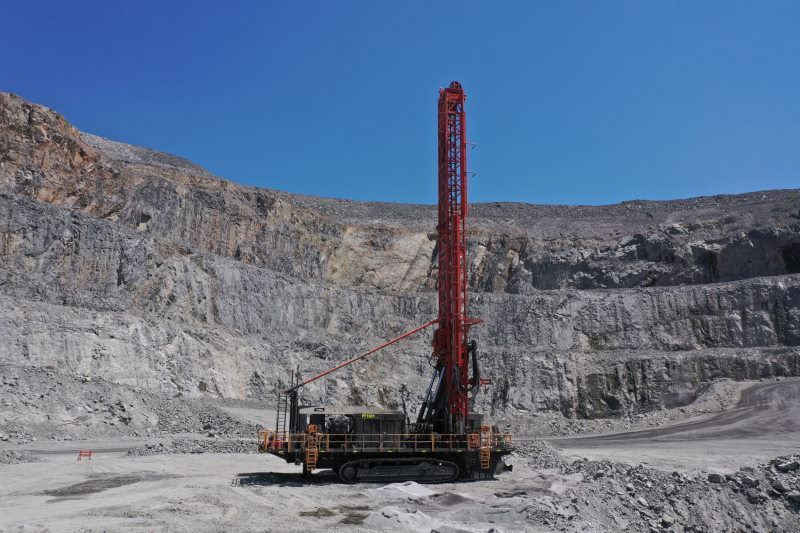
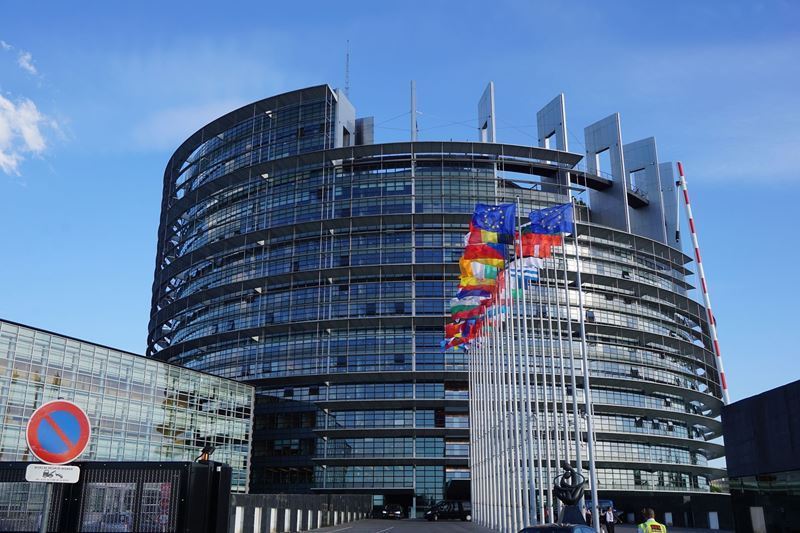
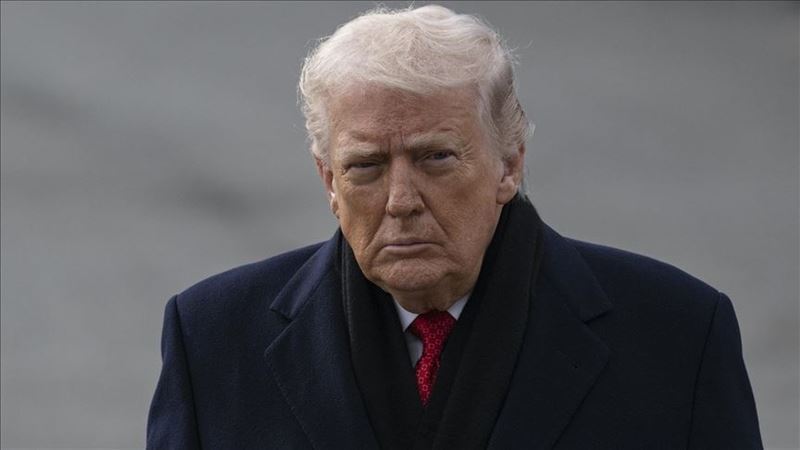


Comments
No comment yet.